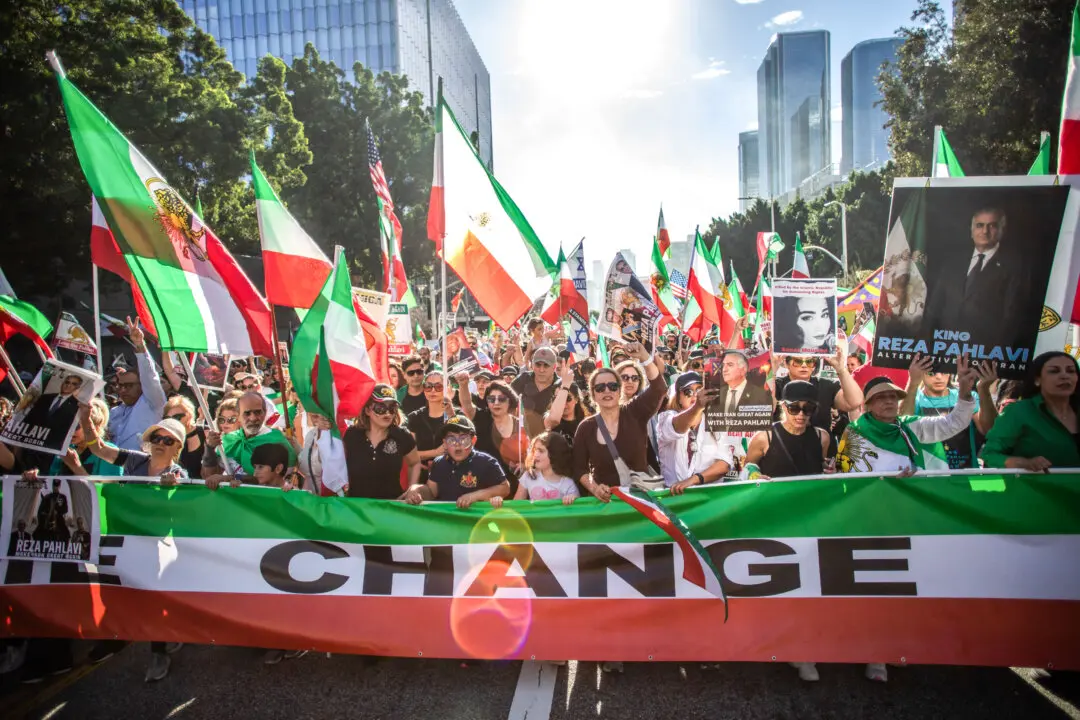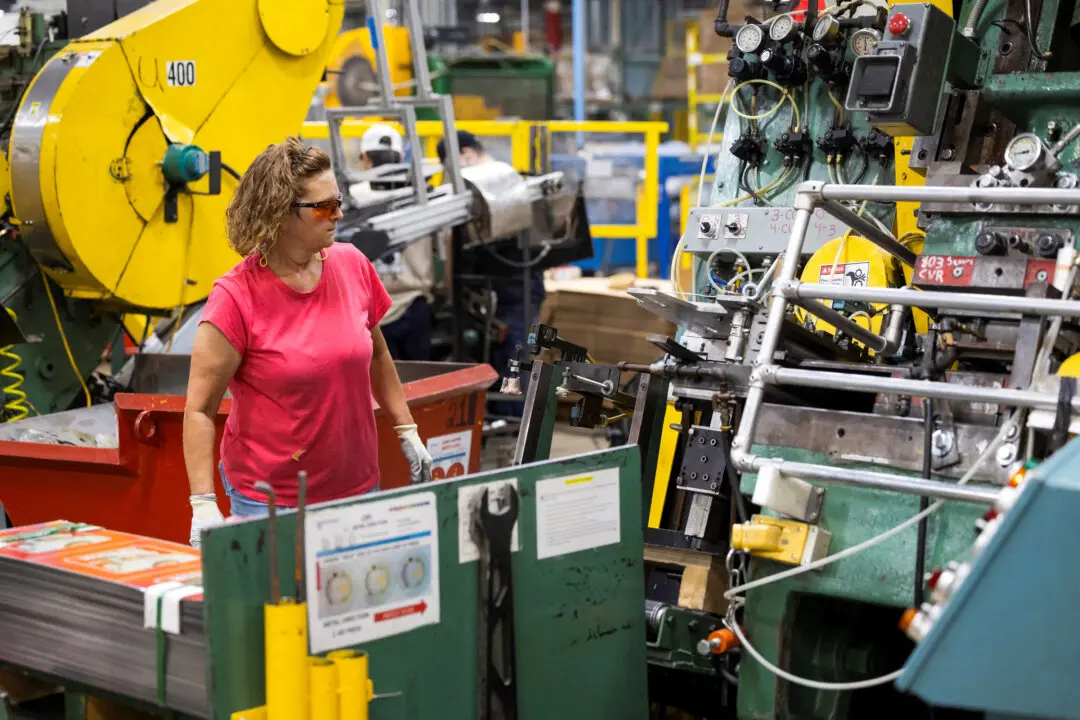The global IPO market has slowed down in the first half of 2016 because of increasing financial market volatility. Many companies who want to raise capital had to postpone or cancel their plans to go public.
“Although many IPO candidates are on the lookout for profitable investment opportunities, they remain cautious and are holding back for the time being,” stated consulting firm, Ernst & Young, in a report.
The number of IPOs fell by 38 percent compared to the first half of 2015 and the amount raised was down by 61 percent, the weakest since 2009.
China’s economic slowdown, low oil prices, and the Brexit spiked volatility in global financial markets and decreased the appetite for new issues.
The gloomy global economic outlook has also made IPO candidates more hesitant.
, Ernst & Young





